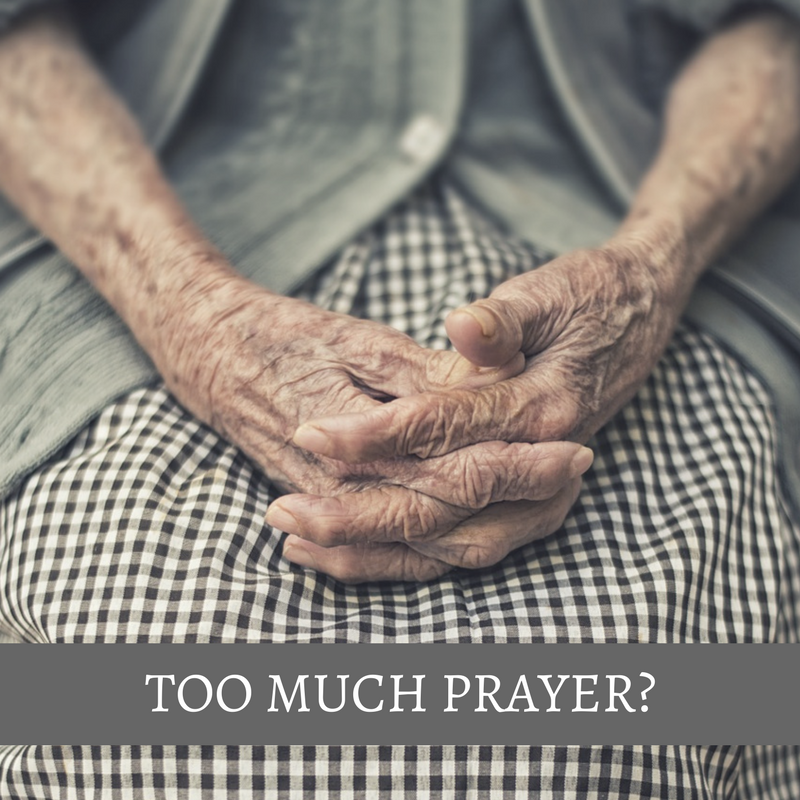
Whatever you want to be in public, you need to start training for it in private.
When you start studying the lives of those God has used greatly and told us about in his word, you notice a similar theme in all of their journeys. The details are different but every one of those men and women who God has used in significant ways have always gone through a period of private training with the Lord before he used them publicly.








